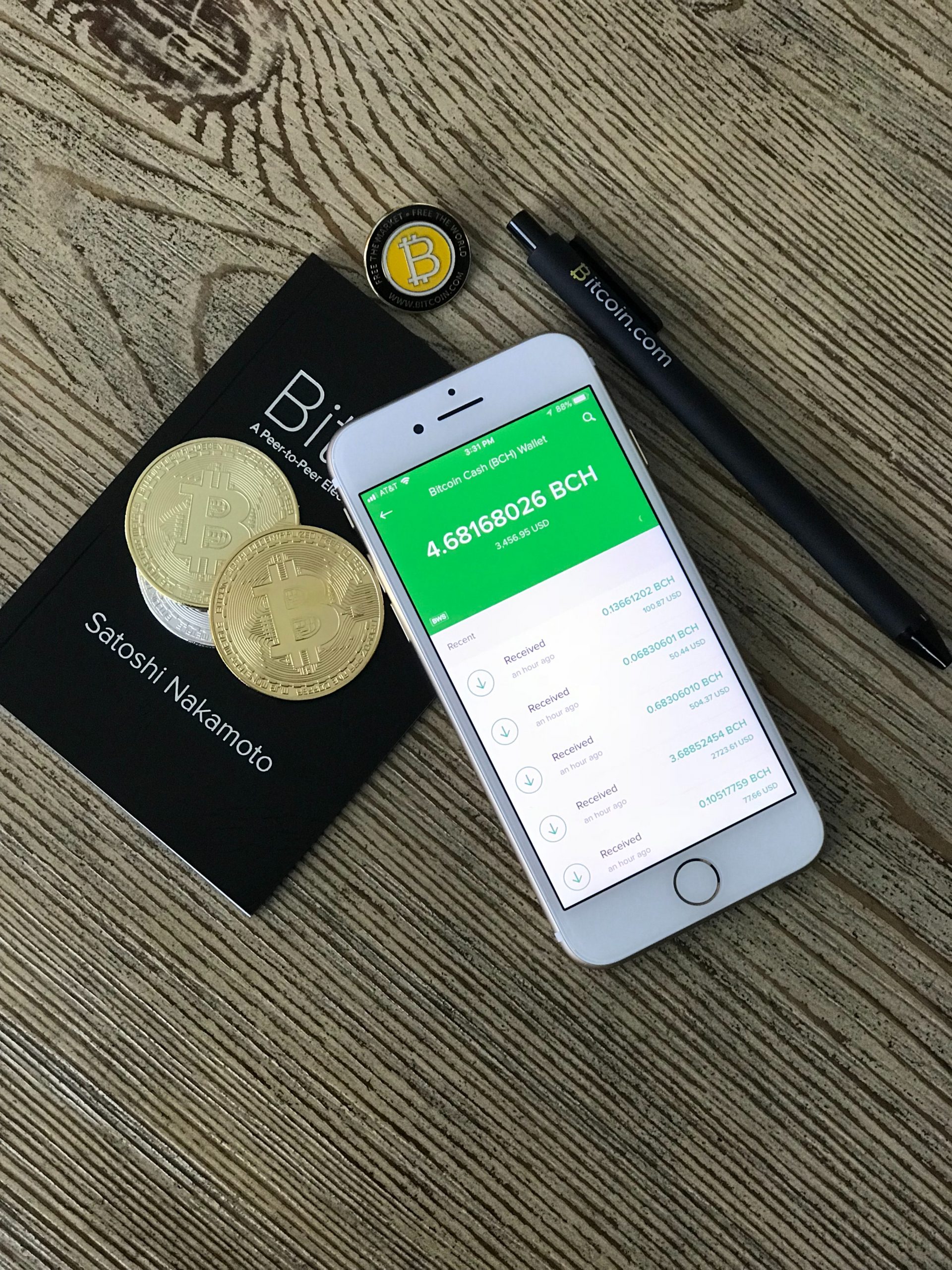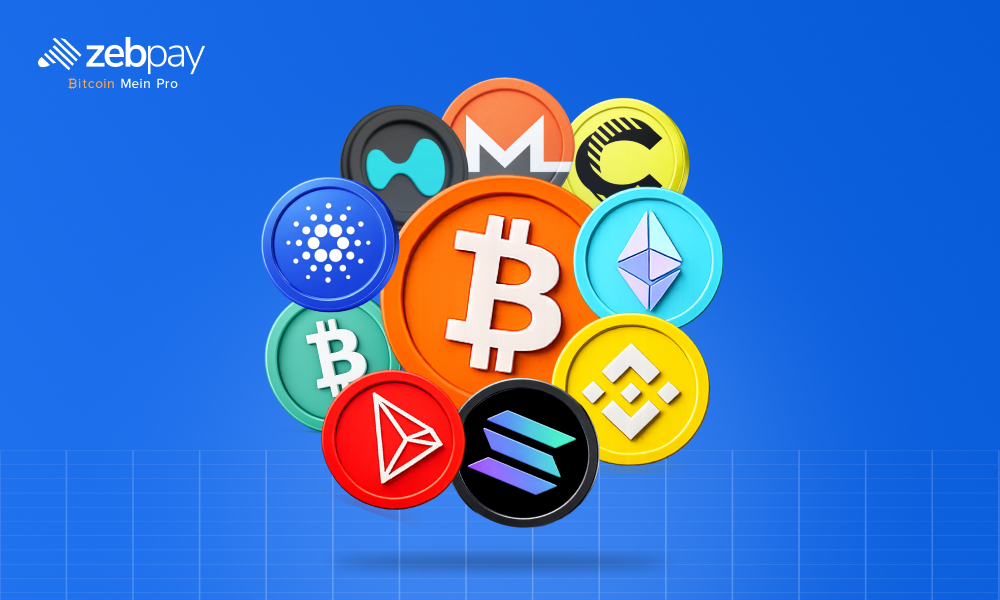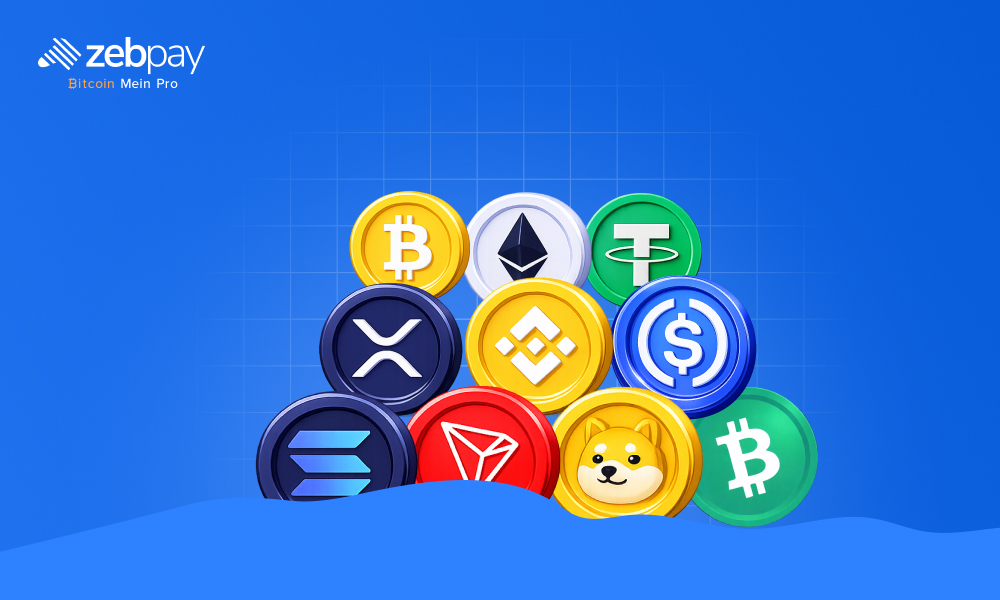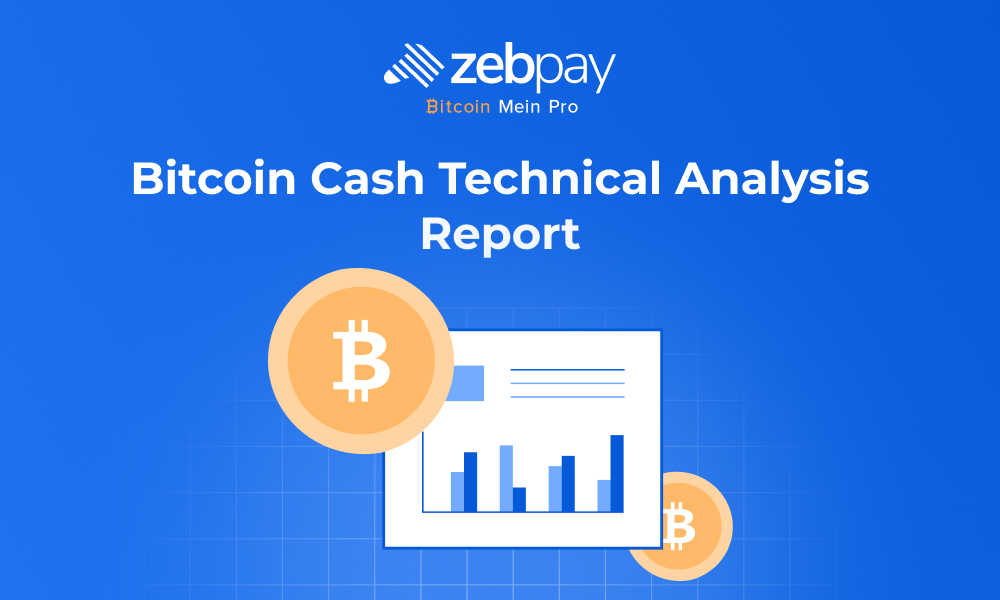On November 15th, Bitcoin Cash network will undergo upgrades, which may also lead to a split in its blockchain. This process is called a hard fork. The two new chains, Bitcoin ABC (BCHA) and Bitcoin Cash Node (BCHN) differ on the introduction of an infrastructure funding proposal (IFP) added to the BCHA codebase.
We’re committed first, to protecting the funds of our users. Here’s our plan for the hard fork:
- We will suspend withdrawals and deposits at 9.30 AM (UTC) on November 14th. Rest assured that your funds will remain safe and secure as we perform the network upgrade.
- We cannot guarantee how long it will take to perform the upgrade. However, we will notify you as soon as service resumes on our social media, etc etc
- Once the upgrade is successfully completed, we will continue to support the most dominant chain, which will be represented as BCH in the app. Read on for information on how we decide.
- Trading will remain unaffected during the upgrade.
How does ZebPay decide which chain to support?
We’re following the decision at Coin Dance, where at the time of writing, 72% of miners have stated support for BCHN. In comparison, 0.8% support BCHA and the remaining 27.2% remain undecided.
From these returns, we will continue to support Bitcoin Node (BCHN). If there’s any changes in the results, we’ll be sure to keep you updated.
It’s really been all about following votes these past two weeks, hasn’t it?
What is a hard fork, and why is Bitcoin Cash hard-forking?
A hard fork on a blockchain is a radical change to a network’s protocol. Processing a hard fork all its users to upgrade to the latest version of the protocol software.Think of it like updating an app on your phone to use all its features.
Bitcoin Cash’s hard fork is processing two major updates.
First, a blockchain wide update of the chain’s Difficulty Adjustment Algorithm (DAA) to a new algorithm called ASERT, proposed by developers Jonathan Toomin and Mark Lundeberg.
The second comes as a result of differences in how to implement the DAA. The blockchain will split into two variants – BitcoinABC (BCHA) and Bitcoin Cash Node (BCHN).
While these are largely the same, BCHA added a contentious new component to the DAA. BCHA proposed a coinbase rules that dictates that ”all newly mined blocks must contain an output assigning 8% of the newly mined coins to a specified address.”
This meant that for every block mined, only 92% of the reward would go to the miner, with the remainder being assigned to the BCHA development team. This is to ensure that the developers always act in a manner that is best for the blockchain, as it also the manner that is best for growing their wealth.
Still have questions? We’ve put together an FAQ to address them.
You can also learn more about our stance on coin forks here.






